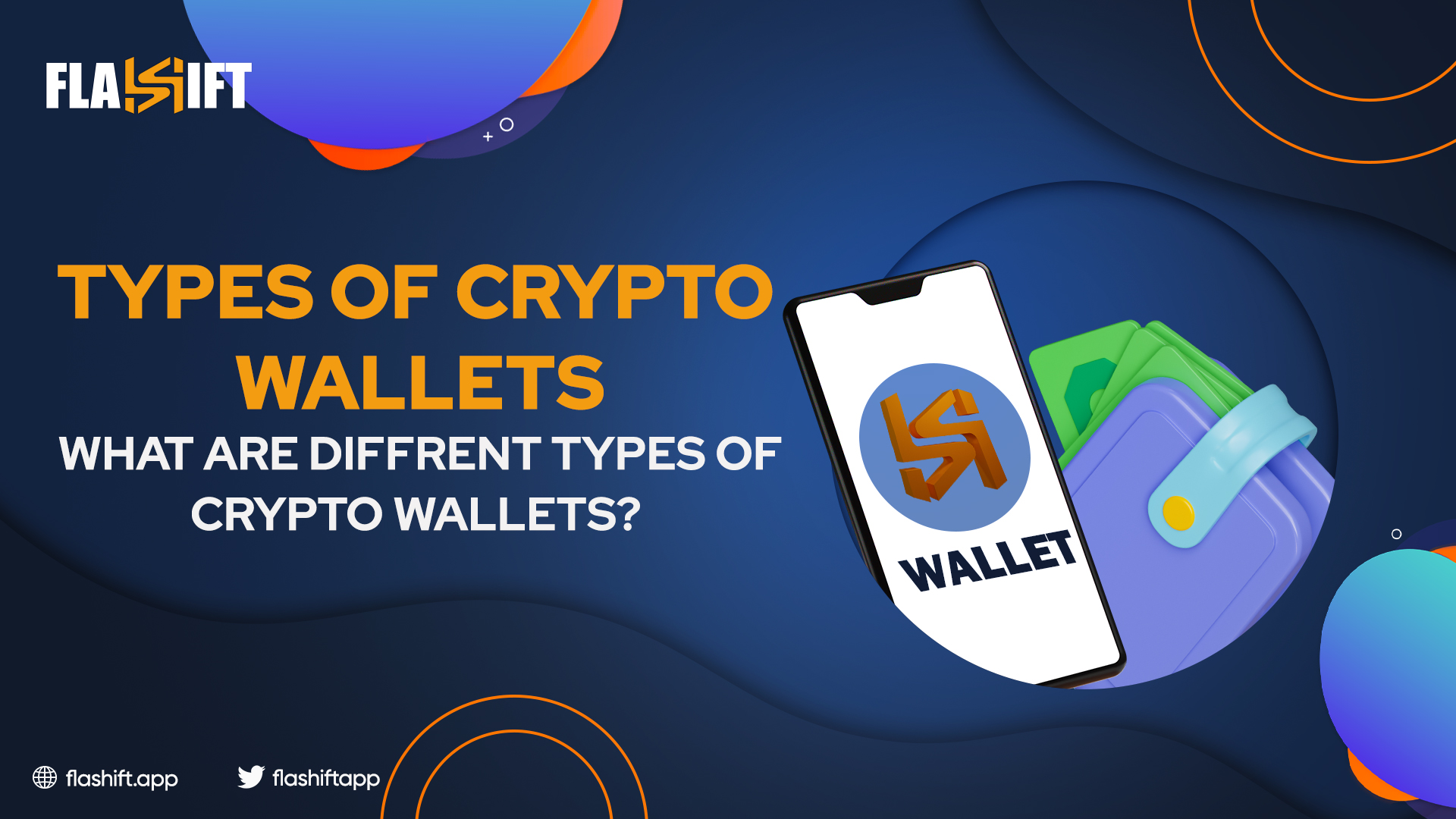As cryptocurrencies achieve popularity and broad use, the necessity for safe storage methods becomes more pressing. This is where crypto wallets step in. Crypto wallets are digital wallets which enable users to safely store, manage, and transmit their cryptocurrencies.
Read more: Bitcoin vs Ethereum
Types of crypto wallets
Software, hardware and paper wallets are all types of cryptocurrency wallets. The most prevalent sort of crypto wallet is a software wallet, which is a digital program that can be downloaded into a computer or mobile device. They are simple to use and handy, but they are also prone to hacking and virus assaults.
In contrast, hardware wallets are physical gadgets that resemble USB drives. They provide the best level of safety for cryptocurrency storage since they keep private keys offline, making them less vulnerable to hacker attempts. They are, however, more costly and less handy than software wallets.
Paper wallets are a sort of crypto wallet in which private keys are printed on a sheet of paper. They are completely offline and provide a high level of protection, but they can be difficult to operate and are susceptible to physical damage, loss, and steal.

Custodial vs. Noncustodial Wallets
Crypto wallets can be custodial or noncustodial. The primary distinction between custodial and noncustodial wallets is management:
Custodial wallets:
Custodial wallets are crypto wallets wherein the ownership – that is, the wallet’s control and operations – is managed by a third party. The cryptocurrency trade, where users purchase and sell cryptocurrency tokens and other digital currencies, is often that third party. The custodial wallet, which is supplied directly by a custodian or trade, offers customers with a simple system for keeping crypto assets.
Pros and cons:
Custodial disadvantages include a lack of total user control, the potential of censorship and prohibited transactions, the chance of provider insolvency or fraud, which might result in loss, and supply chain danger if the custodian is the target of a cyber assault.
Noncustodial wallets:
Non-custodial wallets are crypto wallets wherein ownership is retained by the individual who has the private keys to the digital currencies stored on the blockchain and is responsible for their protection.
Pros and cons:
Noncustodial wallets enable customers to personally own and store crypto assets; they provide direct and rapid accessibility; and operations are not subject to censorship or third-party control.
Noncustodial drawbacks include complications that users must learn and understand; the possibility of user blunders; and the user’s exclusive accountability.

How do crypto wallets work?
Whatever form of crypto wallet is used, they all operate by holding private keys, which are one-of-a-kind codes which enable users to sign trades and transmit cryptos. Private keys are required for cryptocurrency availability, and losing them could lead in the loss of assets.
Users must sign a transaction with their private key in order to transmit coins using a crypto wallet. The transaction is subsequently transmitted to the blockchain system for verification and recording. The receiver will get the coins after the transaction is validated.
Crypto wallets are necessary for cryptocurrency users because they offer a safe place to keep and control digital assets. Unlike traditional banks, which offer fund protection, there is no assurance that consumers will get their cryptos if they get lost or stolen. Using a cryptocurrency wallet provides customers with complete control over their assets and lets them move them at any moment without limits or costs.
Conclusion:
Finally, crypto wallets are digital wallets that allow users to safely store, manage, and trade their bitcoins. They are available in a variety of formats, including software, hardware and paper wallets. Whatever form of crypto wallet is used, it all works by holding private keys, which are required for accessing and managing coins. Crypto wallets are vital for cryptocurrency users because they provide them complete control over their money while also ensuring their security.
